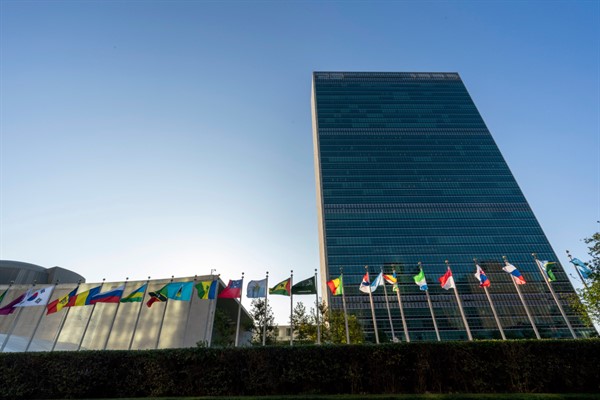It is tempting to think that Joe Biden’s imminent inauguration will end the crisis of multilateralism. Yet while the new administration will undoubtedly change the way the United States engages with the world for the better, Donald Trump’s perceived withdrawal from global leadership is not the main reason for the current dysfunctional state of global affairs. Nor, for that matter, does it come down to the waxing great-power rivalry between China and the U.S., or the resurgence of Russia as a thorn in the side of the liberal international order. Larger forces are at work.
The world has entered a new phase—let’s call it the age of pluralism—with no single hegemon to manage the multiplicity of global issues that require concerted action. This new age has profound implications for all countries’ behavior. As great powers adjust to a more pluralistic world, middle and small powers will need to be more active, more agile, more self-reliant, more willing to lead, and more oriented toward issues than ideology.
There are four dimensions of pluralism in this emerging world order. The most obvious is multipolarity. The U.S. and China will remain key players, of course. But Germany and France also play independent roles while serving as the twin engine of the European Union. Japan, the United Kingdom and Russia may have lost relative power in recent decades, but are still forces to be reckoned with. They are joined by India, Turkey, South Africa, Nigeria, Brazil, South Korea, Saudi Arabia and Indonesia, each already a regional power.

